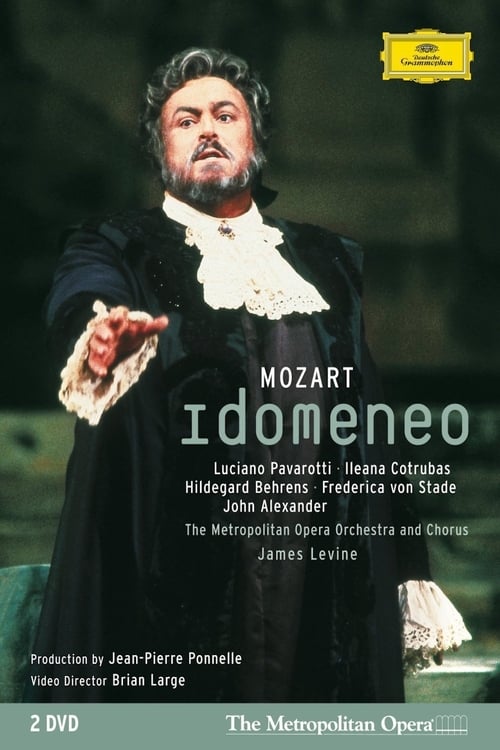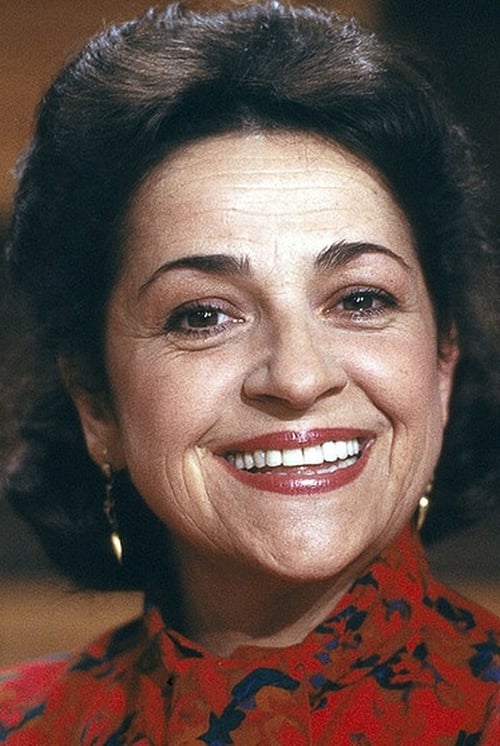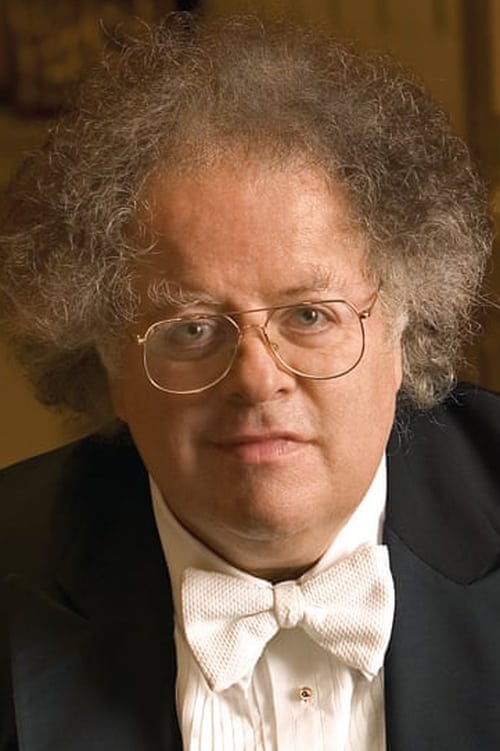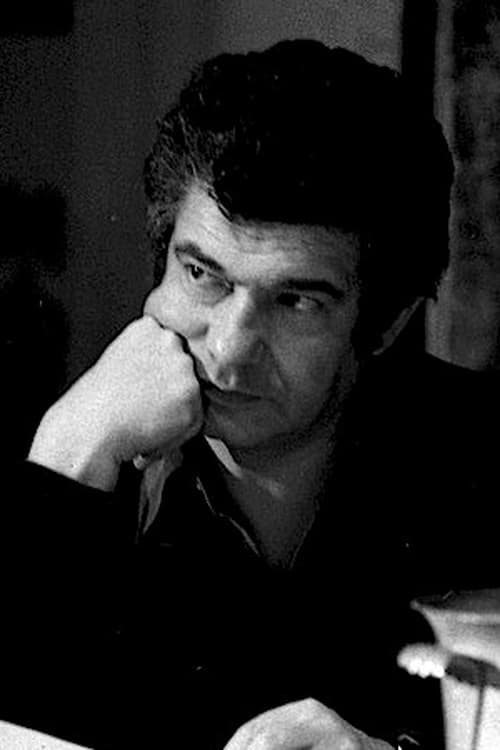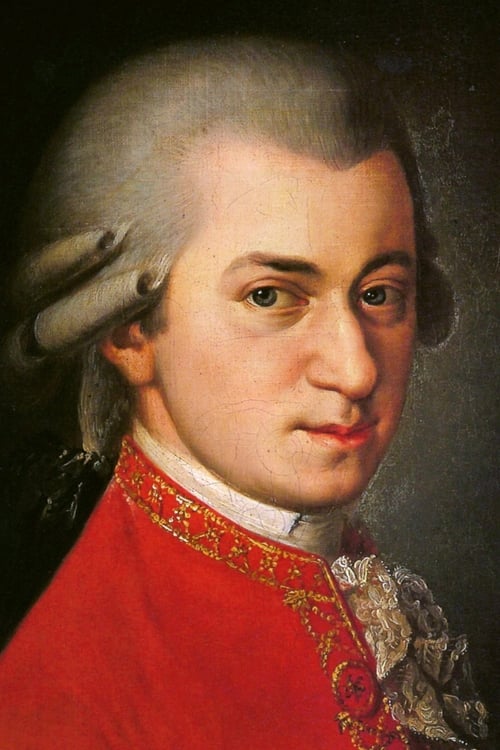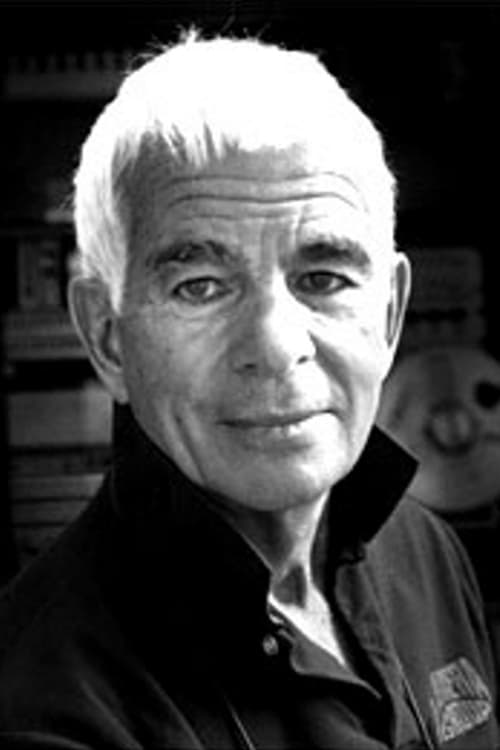Idomeneo (1982)
Genre : Music
Runtime : 3H 5M
Director : Jean-Pierre Ponnelle, Kirk Browning
Synopsis
Opera royalty Luciano Pavarotti brings dignity and power to the title role in this 1982 production. During a squall at sea, Idomeneo -- the king of Crete -- swears to Neptune that if the monarch survives, he'll sacrifice the first person he encounters onshore. Tragically, that person ends up being his son, Idamante (Frederica Von Stade). Maestro James Levine masterfully conducts the orchestra and chorus of the Metropolitan Opera. A musical production that was designed for the "Live From the Met" series, this program was produced by Jean-Pierre Ponnelle.
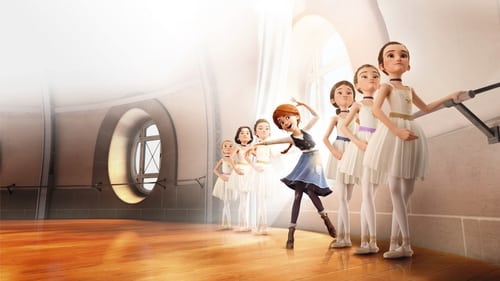
Set in 1879 Paris. An orphan girl dreams of becoming a ballerina and flees her rural Brittany for Paris, where she passes for someone else and accedes to the position of pupil at the Grand Opera house.
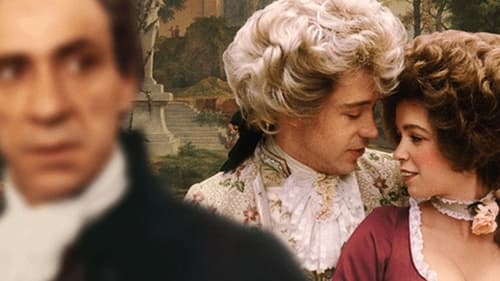
Wolfgang Amadeus Mozart is a remarkably talented young Viennese composer who unwittingly finds a fierce rival in the disciplined and determined Antonio Salieri. Resenting Mozart for both his hedonistic lifestyle and his undeniable talent, the highly religious Salieri is gradually consumed by his jealousy and becomes obsessed with Mozart's downfall, leading to a devious scheme that has dire consequences for both men.
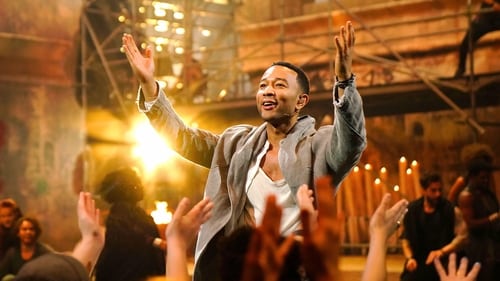
The award-winning show is re-imagined as a live concert event, featuring an all-star cast of recording artists, set during the last week of Jesus' life as he deals with betrayal, love and jealousy, and told from the perspective of Judas.

The story of Florence Foster Jenkins, a New York heiress, who dreamed of becoming an opera singer, despite having a terrible singing voice.
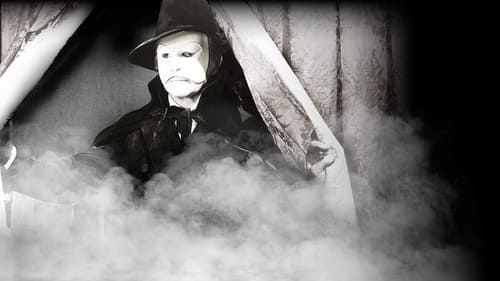
Pit violinist Claudin hopelessly loves rising operatic soprano Christine Dubois (as do baritone Anatole and police inspector Raoul) and secretly aids her career. But Claudin loses both his touch and his job, murders a rascally music publisher in a fit of madness, and has his face etched with acid. Soon, mysterious crimes plague the Paris Opera House, blamed on a legendary "phantom".

During World War II, two French civilians and a downed British Bomber Crew set out from Paris to cross the demarcation line between Nazi-occupied Northern France and the South. From there they will be able to escape to England. First, they must avoid German troops - and the consequences of their own blunders.
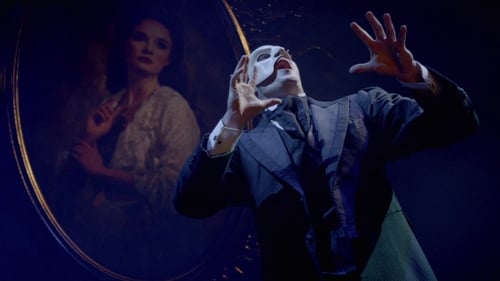
Set 10 years later, the Phantom has escaped from Paris to New York where he lives amongst the joyrides and freak shows of Coney Island. He has finally found a place for his music to soar, all that is missing is his love Christine Daaé. In a bid to win back her love, the Phantom lures Christine, her husband Raoul, and their young son Gustave from Manhattan, to the glittering and glorious world of Coney Island... they have no idea what lies in store for them... You truly haven’t experienced Andrew Lloyd Webber’s Love Never Dies until you see this spectacular new Australian production, filmed at Melbourne’s iconic Regent Theatre.
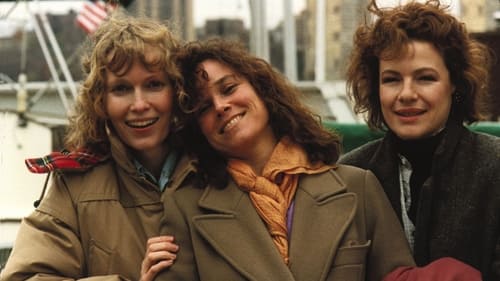
Between two Thanksgivings, Hannah's husband falls in love with her sister Lee, while her hypochondriac ex-husband rekindles his relationship with her sister Holly.
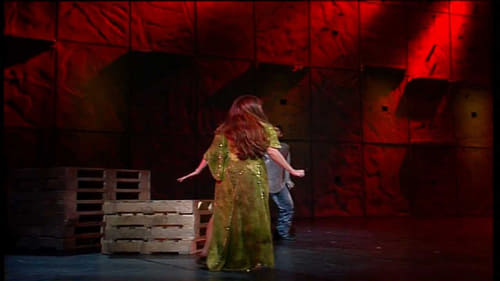
A musical adaptation of Victor Hugo's novel "Notre Dame de Paris" which follows the gypsy dancer Esmeralda and the three men who vie for her love: the kind hunchback Quadimodo, the twisted priest Frollo, and the unfaithful soldier Phoebus.
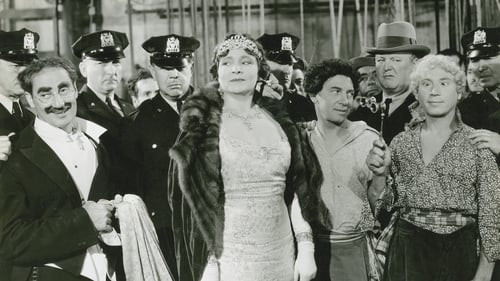
The Marx Brothers take on high society and the opera world to bring two lovers together. A sly business manager and two wacky friends of two opera singers help them achieve success while humiliating their stuffy and snobbish enemies.
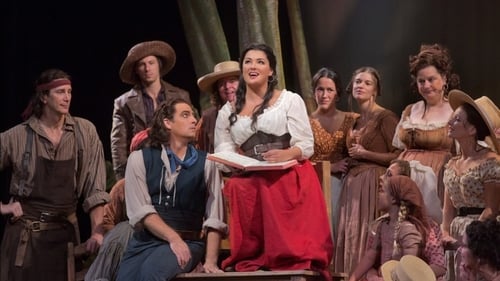
Anna Netrebko as the beautiful and wealthy Adina leads the cast in Barlett Sher’s production of Donizetti’s charming comedy, first seen on Opening Night of the Met’s 2012–13 season. Matthew Polenzani is Nemorino, the poor but good-hearted country boy who wins her love—with the help of the magic “elixir” sold by the quack Dulcamara, played by Ambrogio Maestri. Mariusz Kwiecien is the swaggering Sergeant Belcore and Maurizio Benini conducts.
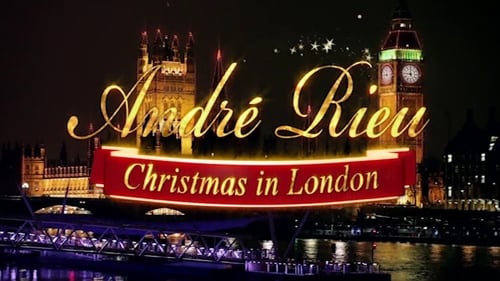
Christmas is now more beautiful and cosy than ever! Experience Christmas in London, together with André Rieu. Decorated Christmas trees everywhere you look, beautifully lit streets, tempting Christmas window displays... Combine the unique London Christmas atmosphere with a magnificent Christmas concert by André Rieu, and you have all the ingredients for a lovely party in the dark December days. Together with fantastic soloists and his always joyful Johann Strauss orchestra, André Rieu provides a fabulous evening with the most beautiful and moving Christmas carols, but also with emotional songs such as Leonard Cohen's Hallelujah, The Holy City and the classic Concierto de Aranjuez. Christmas in London means an evening enjoying lovely music, beautiful costumes and plenty of London cosiness.

La traviata (Italian: [la traˈviaːta], "The Fallen Woman"[1][2]) is an opera in three acts by Giuseppe Verdi set to an Italian libretto by Francesco Maria Piave. It is based on La dame aux Camélias (1852), a play adapted from the novel by Alexandre Dumas, fils. The opera was originally entitled Violetta, after the main character. It was first performed on 6 March 1853 at the La Fenice opera house in Venice. Piave and Verdi wanted to follow Dumas in giving the opera a contemporary setting, but the authorities at La Fenice insisted that it be set in the past, "c. 1700". It was not until the 1880s that the composer and librettist's original wishes were carried out and "realistic" productions were staged.[3]
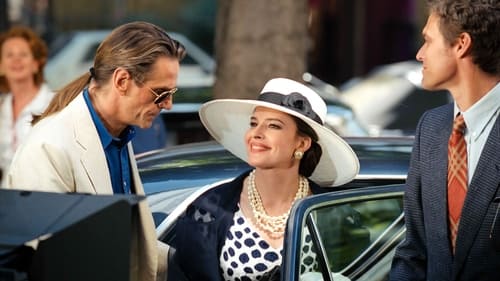
A fictionalized account of the last days of opera singer Maria Callas.
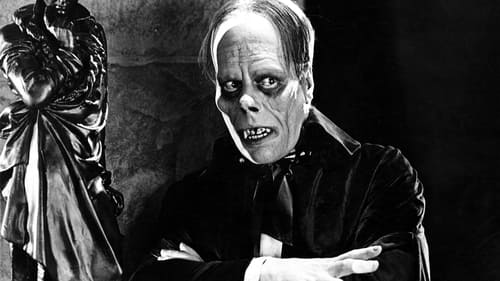
A grotesquely disfigured composer known as "The Phantom" haunts Paris' opera house, where he's secretly grooming Christine Daae to be an opera diva. Luring her to his remote underground lair, The Phantom declares his love. But Christine loves Raoul de Chagny and plans to elope with him. When The Phantom learns this, he abducts Christine.

Philip Glass’ opera “Akhnaten”, premiered in Stuttgart in 1984, forms the third part of the portrait opera trilogy about personalities who have influenced the course of human history. The conclusion of the trilogy deals with the ancient Egyptian pharaoh Akhenaten, who attempted to establish a kind of monotheistic cult around the god Aton during his reign in the 14th century BC, but failed due to the resistance of the priesthood. The production presented here was undoubtedly one of the very great successes of the 2019/20 season at New York’s Metropolitan Opera, due not only to the outstanding cast of singers (led by countertenor Anthony Roth Costanzo) but also to Phelim McDermott’s imaginative staging, which captivates with sometimes breathtaking imagery.

Bugs is in drag as the Valkyrie Brunhilde, who is pursued by Elmer playing the demigod Siegfried.
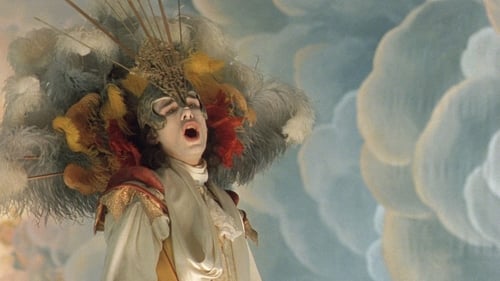
Farinelli is a 1994 biopic film about the life and career of Italian opera singer Farinelli, considered one of the greatest castrato singers of all time.
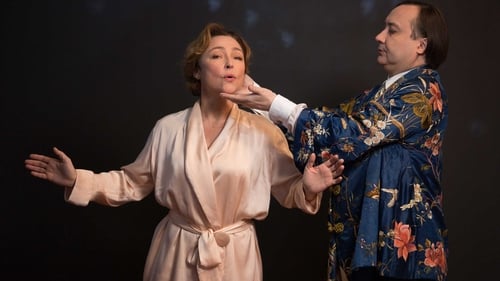
Paris in the 1920s. Marguerite Dumont is a wealthy woman with a passion for music and the opera. For years, she has performed regularly for a circle of guests. But Marguerite sings tragically out of tune and no one has ever told her. Her husband and her close friends have always encouraged her in her illusions. Things become very complicated the day she gets it into her head to perform in front of a genuine public, at the Opera.
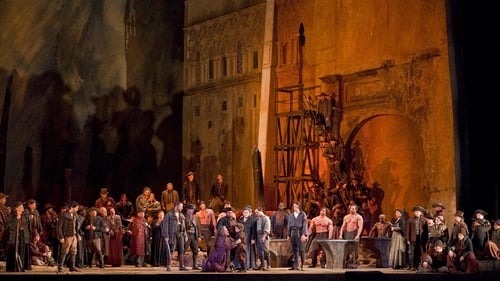
Verdi’s IL TROVATORE again storms the Met stage in a star-studded, anvil-wielding cast , including Sondra Radvanovsky, Dolora Zajick and Dmitri Hvorostovsky. Marcelo Álvarez sings Manrico, the troubadour of the title. The story is well-known already: The gypsy Azucena has harbored a grudge for thirty years, but she is about to have revenge at last. Meanwhile, her son Manrico is in love with Leonora, but so is his arch-enemy, the Count Di Luna. A pot-boiler, where every tune is a hit.

This television essay from 1985 was written by Leonard Bernstein to commemorate the 125th anniversary of Gustav Mahler's birth. Recorded in Israel, Vienna and later in London, it is punctuated by biographical interludes and illustrated by musical examples drawn from the cycle of Mahler's works recorded by Bernstein. Bernstein talks, plays and conducts various orchestras (Israel Philharmonic Orchestra, London Philharmonic Orchestra, Wiener Philharmoniker) and soloists (Janet Baker, Christa Ludwig, Edith Mathis, Lucia Popp, Walton Groenroos) in performances spanning 17 years. Leonard Bernstein also examines the roots of Gustav Mahler's inspiration. The programme also features music from the nine symphonies, 'The Song of the Earth' and the 'Wunderhorn Cycle'.

Both Florez and Diana Damrau brought their bel canto expertise and superb vocalism to the service of Verdi's music. The Rigoletto, Zeljko Lucic, ran the gamut from tenderness with his Gilda to thundering fury with everyone else. I also liked the production. At first, when Rigoletto was putting on his grease paint during the overture, I was afraid that it might be a typical "Euro-trash" production, with a bit of warmed over I Pagliacci. But the sets and dramatic action really served the music and libretto. I would have to say that I came to a deeper understanding and appreciation of the story and characters as a result of seeing this performance.

Emmanuelle Haïm has established herself as one of the world’s leading performers, conductors and interpreters of Baroque repertoire, not only with Le Concert d’Astrée, the ensemble she founded in 2000, but with several of the world’s greatest orchestras. Known for her fresh and expressive approach to Baroque music, she has garnered critical acclaim and several international awards with her own ensemble, including Victoires de la Musique Classique, ECHOs, Gramophone Awards, and Grammy nominations.

Philippe Jaroussky as Ruggiero is in thrall to Patricia Petibon as the sorceress Alcina in Katie Mitchell’s virtuosic production of Handel’s opera from the 2015 Aix-en-Provence Festival, described by Bachtrack as “a night of a thousand delights”. Conducted by Andrea Marcon, this was, in the words of Opera News, “musically … a performance of the highest festival level”. The production of Alcina, by the British director Katie Mitchell, was welcomed by the Financial Times as “meticulously executed …, rich in detail, consummately polished”. As the New York Times wrote: “It involves a huge sorcery machine for turning people into animals (or whatever). And Ms. Mitchell works magic of her own onstage, constantly showing the enchantresses Alcina and Morgana alternating between glamorous public personas and their ‘real life’, older, private selves …There are also bits of simulated sex, mingling genders and suggesting, among other things, inventive new ways to hit high notes.”

Herbert von Karajan conducts La Scala Orchestra and Chorus with soloists Leontyne Price, Fiorenza Cossotto, Luciano Pavarotti, and Nicolai Ghiaurov.

Charles Mackerras teases the romantic beauty from Gounod's score, which has been widely admired since its first performance at the Théâtre Lyrique, Paris, in 1867. In this 1994 recording, the youthful Roberto Alagna as Roméo and Leontina Vaduva as the unattainable Juliette lead an excellent cast in this touching portrayal of impossible love, based on Shakespeare's play.
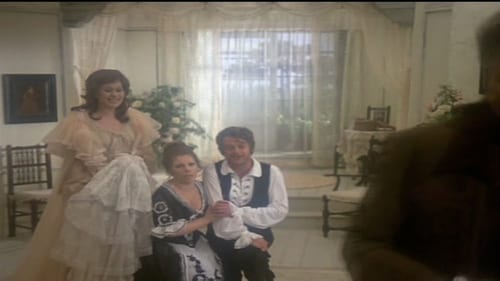
Mozart's Marriage of Figaro is a comedy whose dark undertones explore the blurred boundaries between dying feudalism and emerging Enlightenment. Herman Prey's Figaro is admirably sung in a firm baritone and aptly characterized. So too, is his antagonist, Dietrich Fischer-Dieskau as the Count perpetually frustrated by the scheming wiles of Figaro and Susanna, here the perky Mirella Freni, who sings and acts like a dream. The Countess is creamy-voiced Kiri Te Kanawa, and the Cherubino, Maria Ewing, looks just like the horny, teenaged page she's supposed to be. The all-star leads are complemented by worthy supporting singers, the Vienna Philharmonic at the top of its form, and the experienced Mozartian, Karl Böhm conducting a stylishly fleet performance.

Seeking to exorcise the failure of his current love affair, the poet Hoffmann tells the tales of his three past loves - the doll-like Olympia, the high-class courtesan Giulietta, and the ambitious but delicate Antonia - and recalls how each was thwarted by the evil influence of his rival. In this production by the distinguished film director, John Schlesinger, with spectacular designs by Maria Bjornson and William Dudley, Offenbach's nightmare world is brought to life. The all-star cast is headed by Placido Domingo as Hoffmann: his three loves are Ileana Cotrubas, Anges Baltsa and Luciana Serra and the manifestations of his rival are sung by Geraint Evans, Robert Lloyd, Siegmund Nimsgern and Nicola Ghiuselev. The score, which includes such favourites as the "Barcarolle" and the "Doll's Song", is conducted by Georges Pretre.

"Four Ways to Say Farewell" is a personal introduction to Mahler and his Ninth Symphony, during which Leonard Bernstein is seen and heard rehearsing the Vienna Philharmonic Orchestra. Filmed in 1971, this rehearsal was directed by Humphrey Burton,

From the gorgeous scene deep in the river Rhine that opens the opera, up to the magic Rainbow Bridge that appears at the end, leading to a glistening Valhalla, Otto Schenk’s production captures the scenic world of Wagner’s Ring as brilliantly as James Levine and the Met orchestra capture the musical world. The cast is incomporable: an astounding James Morris as the young god Wotan, the great Christa Ludwig as his wife Fricka, incandescent Siegfried Jerusalem as Loge, the wily god of fire, and Ekkehard Wlaschiha as a complex Alberich.
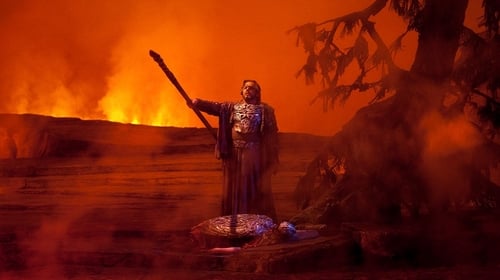
The gorgeous and evocative Otto Schenk/Günther Schneider-Siemssen production continues with this second opera in Wagner’s Ring cycle. Hildegard Behrens brings deep empathy to Brünnhilde, the favorite daughter of the god Wotan (James Morris) who nevertheless defies him. Morris’s portrayal of Wotan is deservedly legendary, as is Christa Ludwig, as Fricka. Jessye Norman and Gary Lakes are Sieglinde and Siegmund, and Kurt Moll is the threatening Hunding. James Levine and the Met orchestra provide astonishing color and drama. (Performed April 8, 1989)

Academician and piano expert David Dubal narrates this absorbing documentary chronicling the instrument's history and featuring some of the 20th century's finest pianists via archival film clips. Among the keyboard virtuosos are Vladimir Horowitz, Claudio Arrau, Van Cliburn and Glenn Gould. Extras include Arrau's 1983 performance of Ludwig van Beethoven's Piano Concerto no. 4, accompanied by the Philadelphia Orchestra under maestro Riccardo Muti.

Natalie Dessay and Rolando Villazón bring Jules Massenet's classic opera to the stage in this dazzling production. In 18th-century France, Manon (Dessay) faces life as a nun, despite catching the eye of many men. When she meets the handsome but penniless des Grieux (Villazón), she falls deeply in love. The pair elopes, but their future together is threatened by outside forces.

Beginning with the First Symphony, Bernstein reveals Mahler's position at the hinge of modernism, while emphasizing his emotional extremism. The uplifting Second "Resurrection" Symphony, with which Bernstein had an especially long and close association, is recorded here in a historic performance from 1973, set in the Romanesque splendor of Ely Cathedral. In the Third, Bernstein encompasses the symphony's spiritual panorama like no other conductor, with the Vienna Philharmonic players alive to every nuance.

It is to composer and librettist Arrigo Boito and his constant pestering of the octogenarian Verdi that there remained within him one last great comedy fighting to get out that we owe this absolute miracle of an opera. Produced in 1893 as Verdi turned 80 there is much in this masterpiece that can be identified as a modernist neoclassical work. The use of short motifs instead of long arioso melodic lines, the spry and reduced orchestral textures and the lack of a single 'stand and deliver' dramatic declamatory aria all serve to make this more of a 20th century work than an example of 19th century late-Romanticism.

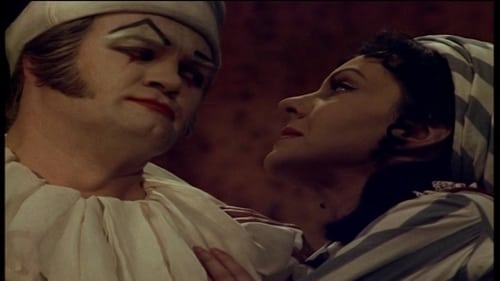
Opera's most popular double bill, fondly known as Cav and Pag, can be a tawdry mess or, as in this performance of Pagliacci, a searing experience. Its power derives from an all-star cast headed by tenor Jon Vickers in the double role of betrayed husband, Canio, and tragic clown, Pagliacci. Hes a singer who blurred the division between reality and stage illusion in every role he assumed, thus taking an opera about that thin line between real life and stage artifice to heightened levels of intensity. Vickers is a force of nature, his big, brawny voice suffused with emotion. Here, his phrasing, textual precision, and timbral colorations expand the scope of the opera, making a moving tragedy out of Leoncavallos verismo melodrama.

Although Domingo was younger and Banackova looked more like the sweet and innocent young Madalena than the one played by Tomowa-Sintow in the ROH production, this production was not as good. It was not as tight and neat. The tempo set was far too slow for the time-period of the story. The stage setting was distracting. The lighting was too dark. Except Domingo, a natural actor who was always into his role and sings and acts with passion, none of the other performers came up with a convincing portrayal of the role he/she played.

Filmed on tour at Berlin's Philharmonie, this account of the valedictory Ninth Symphony is an intense interpretation, expressing Bernstein's conviction that modern man had at last caught up with the message encoded in Mahler's last completed work. Having made his famous 1966 studio recording of "Das Lied von der Erde" in Vienna, Bernstein re-recorded this in Israel with the same searing subjectivity. René Kollo draws on the voice of a great Wagner tenor, while Christa Ludwig, the greatest exponent of the contralto songs at the time, is unbearably poignant in the final movement's fusion of elation and sadness.

For those with any interest in Vivaldi's operas Orlando Furioso is essential viewing, being a 1989 San Francisco Opera revival by Pier Luigi Pizzi of his own 1979 production which was largely responsible for beginning modern interest in Vivaldi's stage work. The composer first premiered Orlando finto pazzo in 1714, but the Orlando Furioso finalised in 1727 was so heavily reworked as to be virtually an entirely new opera, and so successful Handel set the same epic poem by Aristo under the title Alcina in 1735.
